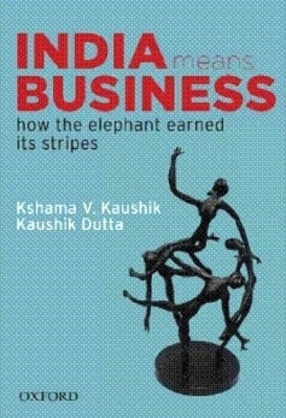The concept of businesses giving back to society is as old as commerce, variously known as charity, philanthropy, social work, etc. With the advent of modern businesses, this giving back is more systematised and is variously known as CSR, sustainability, corporate citizenship or shared value.
Still, CSR is often unstructured, ambiguous and nebulous, in part because it deals with subjects that often defy precision and standardisation. Being an evolving discipline, CSR lacks a universally agreed theory to address issues of organisation, structure, strategy, culture, frameworks, etc. that are standard for other corporate disciplines.
The Companies Act, 2013 has added to the complexity by ‘mandating’ corporate spends on CSR, directing where such money is to be spent and requiring Board and senior management attention. For too long CSR in India had been left to non-directional, haphazard do-gooding; ‘Governance’ — the process through which decisions are taken — of CSR through the law is expected to inject greater professionalism in the full range of CSR operations.
This book is a contribution to the effort to reduce some of the nebulousness that characterises CSR and bridge the gap in systemic formality between CSR and other disciplines. It is expected to be a reference book for corporates, a handbook for practitioners including NGOs and implementing partners and a resource book for academicians.
The book draws on international and national best practices, academic theories and examples from ground-level work. It is designed as a go-to publication for all facets of sustainability, both operations and governance, to improve accountability and transparency of all constituents of CSR.






There are no reviews yet.